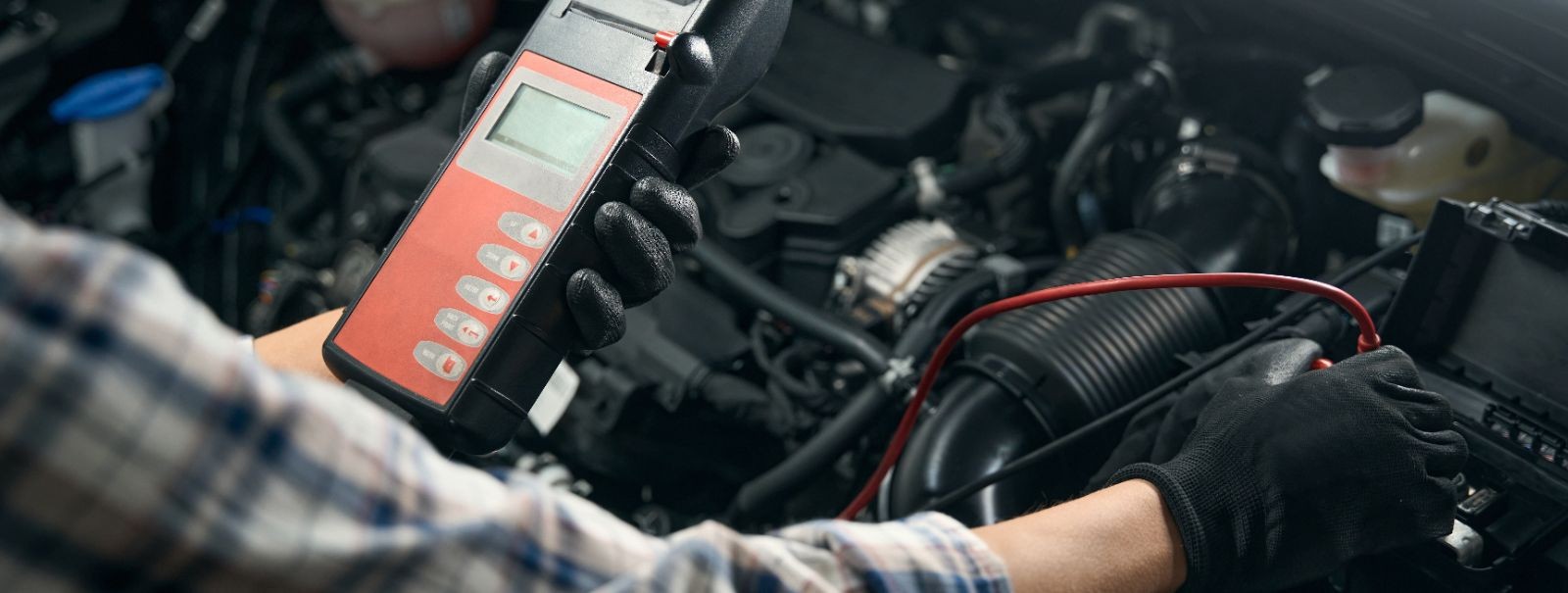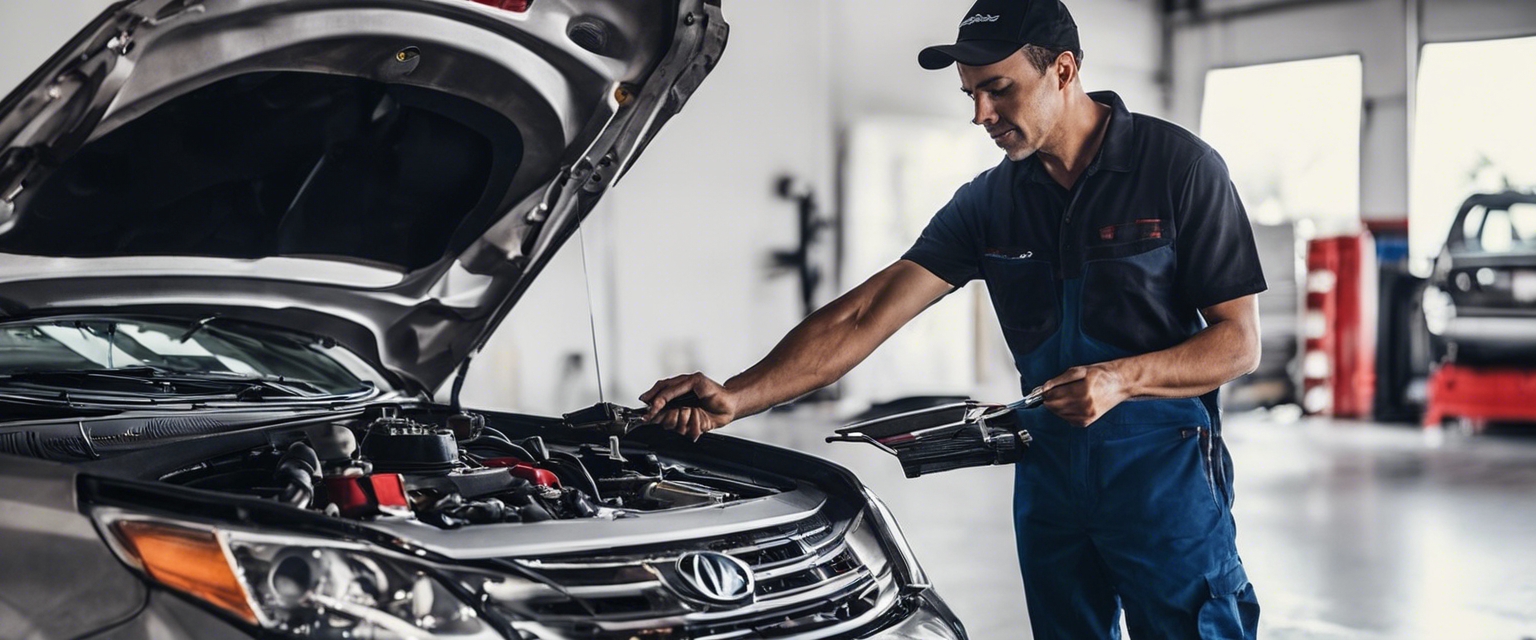The importance of regular car diagnostics
Car diagnostics are a critical aspect of vehicle maintenance, providing a comprehensive check-up of a car's systems and components. Utilizing specialized tools and software, technicians can quickly identify issues and assess the overall health of a vehicle.
Over the years, diagnostic technology has evolved significantly. Modern vehicles come equipped with an array of sensors and computers that monitor performance and alert drivers to potential problems. This advancement has made diagnostics more accurate and efficient than ever before.
Benefits of Regular Car Diagnostics
Regular diagnostics can detect problems before they escalate, saving car owners from expensive repairs and downtime. It's an essential part of preventive maintenance that ensures the longevity of a vehicle.
By identifying issues early on, diagnostics can lead to significant cost savings. It's far more economical to fix a small problem than to wait until it becomes a major concern.
Regular diagnostics ensure that all critical systems are functioning properly, which is vital for the safety and reliability of your vehicle. This peace of mind is invaluable for drivers and their passengers.
Car diagnostics can also help optimize a vehicle's performance by ensuring that all systems are running at their best. This can lead to improved fuel efficiency and a smoother driving experience.
What Does a Car Diagnostic Test Cover?
A diagnostic test typically includes a thorough check of the engine, including its performance and any potential issues that may be lurking under the hood.
The electrical system, including the battery, alternator, and starter, is also assessed during a diagnostic test to ensure everything is functioning correctly.
Emission control systems are crucial for reducing the environmental impact of a vehicle. Diagnostics can ensure these systems are working effectively, helping to avoid fines and ensuring compliance with regulations.
Other systems, such as the brakes, transmission, and exhaust, are also examined during a diagnostic test to provide a complete picture of the vehicle's condition.
When to Get a Car Diagnostic Test
Adhering to a regular maintenance schedule is key to keeping your vehicle in top condition. Diagnostics should be a part of this routine to catch any issues early.
If you notice any unusual signs or symptoms, such as strange noises, warning lights, or performance issues, it's time to schedule a diagnostic test.
Choosing the Right Diagnostic Service
When selecting a diagnostic service, it's important to choose a provider with the right expertise and equipment. This ensures accurate results and proper handling of your vehicle.
Transparency in diagnostics and repairs builds trust. Look for a service provider that explains the issues and offers clear solutions.
Excellent customer service and support are essential. A good diagnostic service will provide you with all the information you need and help you make informed decisions about your vehicle's care.






Comments (0)